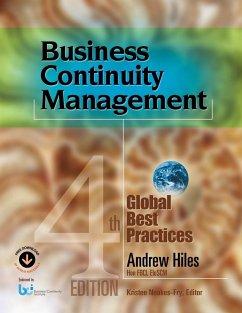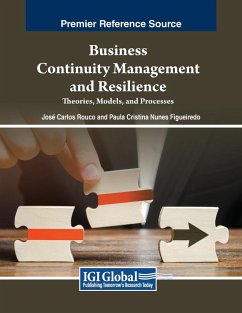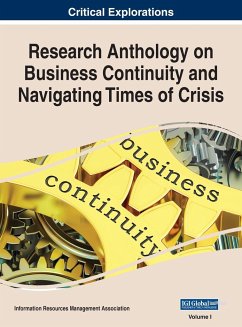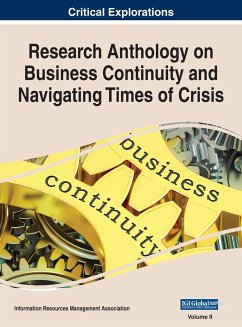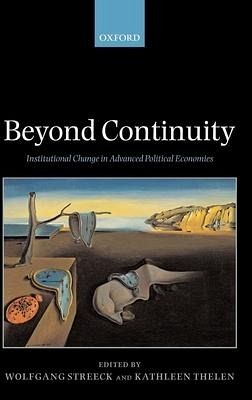
Beyond Continuity
Institutional Change in Advanced Political Economies
Herausgeber: Streeck, Wolfgang; Thelen, Kathleen Ann
Versandkostenfrei!
Versandfertig in 1-2 Wochen
293,99 €
inkl. MwSt.

PAYBACK Punkte
147 °P sammeln!
Debates surrounding institutional change have become increasingly central to Political Science, Management Studies, and Sociology, opposing the role of globalization in bringing about a convergence of national economies and institutions on one model to theories about 'Varieties of Capitalism'. This book brings together a distinguished set of contributors from a variety to examine current theories of institutional change. The chapters highlight the limitations of these theories, finding them lacking in the analytic tools necessary to identify the changes occurring at a national level, and there...
Debates surrounding institutional change have become increasingly central to Political Science, Management Studies, and Sociology, opposing the role of globalization in bringing about a convergence of national economies and institutions on one model to theories about 'Varieties of Capitalism'. This book brings together a distinguished set of contributors from a variety to examine current theories of institutional change. The chapters highlight the limitations of these theories, finding them lacking in the analytic tools necessary to identify the changes occurring at a national level, and therefore tend to explain many changes and innovations as simply another version of previous situations. Instead a model emerges of contemporary political economies developing in incremental but cummulatively transformative processes. The contributors shoe that a wide, but not infinite, variety of models of institutional change exist which can meaniingfully distinguished and analytically compared. They offer an empirically grounded typology of modes of institutional change that offer important insights on mechanisms of social and political stability, and evolution generally. Beyond Continuity provides a more complex and fundamental understanding of institutional change, and will be important reading for academics, researchers, and advanced students of Political Science, Management Studies, Sociology and Economics.






